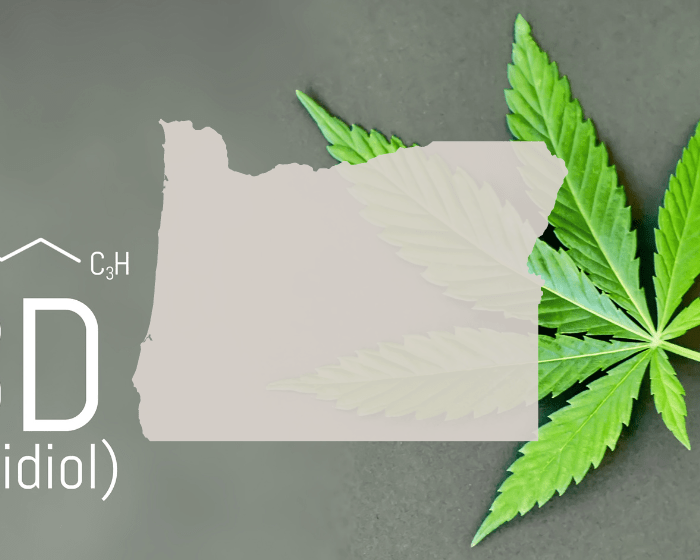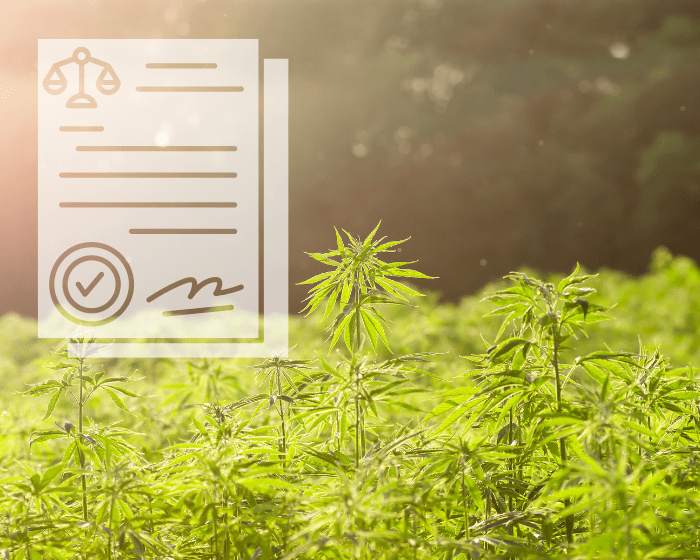
When Minnesota legalized moderate amounts of THC in edibles and beverages this summer, the change was widely seen as loosening the state's THC restrictions. But in bringing previously-unregulated delta-8 and delta-10 products under regulation, the law was also designed to remove the gray market THC products from store shelves.
It hasn’t been entirely effective in accomplishing the latter, according to the Star Tribune.
Reporters from the Minnesota newspaper visited five retailers in the Twin Cities metro area, finding “numerous violations.” These ranged from instances of clear noncompliance to less obvious cases.
In bringing previously-unregulated delta-8 and delta-10 products under regulation, the law was also designed to remove the gray market products from store shelves. It hasn’t been entirely effective.
One shop sold mostly high-THC delta-8 products, which were unregulated prior to July 1 but are no longer legal above the limits of 5 mg per serving and 50 mg per package. Another had both compliant and non-compliant products on its shelves. One had edibles with twice the 5 mg legal dose of THC. And one sold THC edibles that were otherwise compliant but missing information now required on labels, including testing information and a warning to keep the product out of the reach of children.
"There are tons of non-compliant products still out in the field," Steven Brown, CEO of Nothing But Hemp and co-founder of the Minnesota Cannabis Association, told the Tribune. He noted that some smoke shops aren’t even aware the law changed.
Minnesota has been the only state to legalize recreational THC this way, allowing it in food and drink while keeping smokable forms of THC illegal. Lawmakers have tasked the Minnesota Board of Pharmacy with creating a regulatory framework for the new rules and, to some degree, enforcing them.
According to the Tribune, the board’s primary source of learning that a shop is non-compliant is by someone filing a complaint. The board will then either investigate the situation itself or partner with other agencies to enforce the law. The board is currently looking into six complaints it’s received since the new law took effect.
“There are tons of non-compliant products still out in the field.”
— Steven Brown, CEO, Nothing But Hemp; co-founder, Minnesota Cannabis Association
The Board of Pharmacy's executive director, Jill Phillips, told the Tribune the agency knows this system isn’t enough to ensure compliance.
"The board supports and has supported the creation of a Cannabis Management Office to oversee all aspects of the manufacturing and sale of cannabis products as allowed by law, as many other states have chosen to do," Phillips said.
That would require funding, of course, which could in theory come from a tax on THC products.
“Other states with legal THC markets also have an excise tax on cannabis products to pay for enforcement and other programs,” wrote reporters Brooks Johnson and Ryan Faircloth for the Tribune. In nearby states with legal markets, that tax ranges from 10 to 25 percent.
Attorney Jason Tarasek of Minnesota Cannabis Law and others have suggested implementing a licensing system for retailers in an effort to further incentivize compliance. Currently, no special license is required to sell legally-compliant THC products.








































